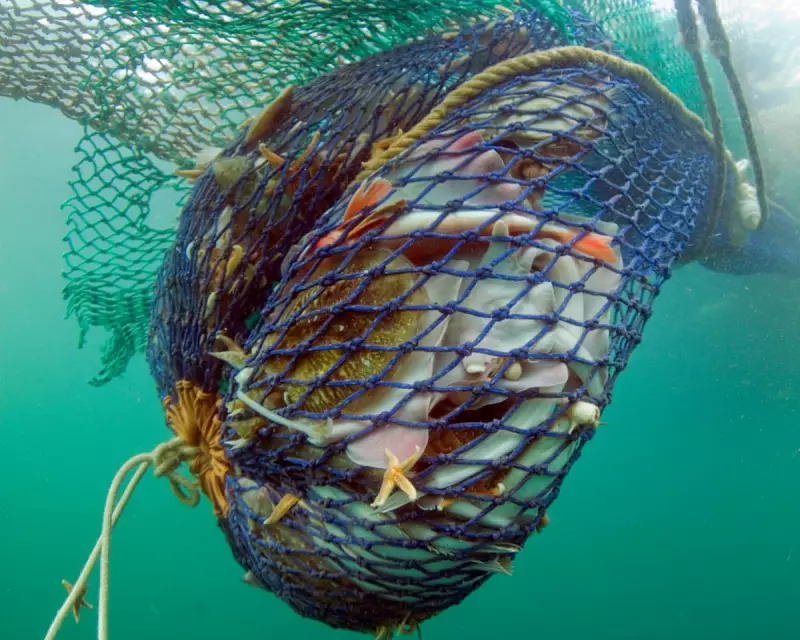
Britain's so-called marine protected areas are being systematically plundered by industrial fishing operations, with devastating bottom trawling practices occurring on an industrial scale within designated conservation zones.
The Hidden Destruction Beneath Our Waves
Shocking new data reveals that bottom trawlers—vessels that drag heavy nets across the seabed—have been operating extensively within areas specifically designated to protect vulnerable marine ecosystems. These destructive practices are effectively turning conservation zones into industrial fishing grounds, completely undermining their intended purpose.
Conservation in Name Only
Marine Protected Areas (MPAs) were established to safeguard precious underwater habitats and allow marine life to thrive. Instead, they've become hunting grounds for commercial fishing interests. The contradiction is staggering: areas meant to preserve biodiversity are being ravaged by the very practices they were supposed to prevent.
Ecological Impact: A Seabed Apocalypse
The damage caused by bottom trawling is catastrophic. These heavy nets:
- Destroy ancient coral reefs that took centuries to form
- Obliterate vital seabed habitats that nurture juvenile fish
- Disrupt entire marine food chains from the bottom up
- Release stored carbon from seabed sediments
This isn't fishing—it's marine strip-mining that leaves destruction in its wake.
The Regulatory Failure
Despite clear scientific evidence of the damage, regulatory bodies have consistently failed to enforce meaningful protections. The gap between environmental policy and practical enforcement has become a chasm that industrial fishing operations exploit with impunity.
A Call for Genuine Protection
Environmental organisations and marine scientists are demanding urgent action. They argue that MPAs must become genuine sanctuaries where destructive practices are completely banned, not just lightly regulated. The time for paper protections is over—Britain's marine ecosystems need actual, enforced conservation.
The situation represents both an ecological crisis and a profound failure of environmental governance. As the evidence of destruction mounts, pressure is building for politicians and regulators to finally protect what remains of Britain's underwater wilderness.





